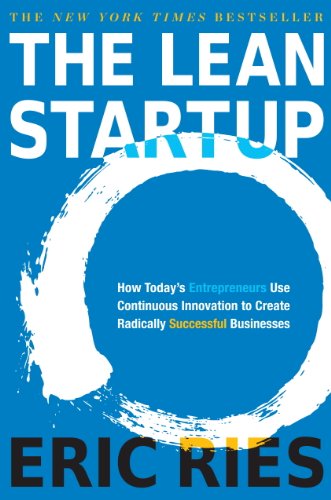

This article is an excerpt from the Shortform summary of "The Lean Startup" by Eric Ries. Shortform has the world's best summaries of books you should be reading.
Like this article? Sign up for a free trial here .
The ideas in The Lean Startup came about when Eric got frustrated working on products that failed to get traction. As an engineer, he initially thought they failed due to technical problems, but this was never the right answer. In reality, they just spent a lot of time building things nobody wanted.
So when he started his new company, IMVU, he wanted to try something different. One inspiration was Steve Blank’s idea of Customer Development: a rigorous methodology for the business and marketing side of a startup. Another inspiration was Japan’s lean manufacturing systems, made famous by Toyota.
Eric Ries applied these concepts to IMVU, which became a roaring success, with millions of users and $50 million in annual revenues in 2011. To help others succeed in innovation, Eric started the Lean Startup movement by publicizing the framework you’ll learn about here.
History of IMVU with Eric Ries
Early in IMVU’s history in 2004, Eric and his co-founders at IMVU wanted to build a social network around instant messaging (IM), which seemed attractive for its network effects – the more people who join, the more valuable the network is, which makes even more people join.
Because of network effects, the top IM products owned the vast majority of the industry. It was commonly accepted, almost obvious, that it’d be extremely difficult to make a new IM network succeed. If you’re already on a network with all your friends, you don’t want to switch to a new network without all your friends joining too. Think about how hard it’d be to build a rival to Facebook today – how would you get Facebook users to join your network when all their friends are on Facebook? Would they really want to join yet ANOTHER social network?
To avoid this problem, IMVU decided not to start their own new IM network. Instead, they built a new 3D video game layer on top of IM networks. Users would first join IMVU, a 3D virtual world where they could create avatars and buy virtual goods. Then they would connect their IM accounts and message people on their existing IM networks to join IMVU too. Critically, this meant users wouldn’t have to switch to a whole new IM network – it already works with the IM networks they belong to. Ingenious!
In IMVU’s history, the IMVU team labored for 6 months on their prototype product. They worried constantly about details of their strategy – “how many IM networks should we support? (over a dozen) How buggy can the prototype be? Will it make us look bad?”
Finally, with their pride on the line, they launched IMVU the product.
And no one joined.
They thought it was a quality problem at first, so they worked on fixing bugs and adding features. This didn’t budge the needle.
Finally, they decided to bring in potential users for interviews. This is where their epiphany happened. IMVU built the whole game around getting new users to bring in their friends from other IM networks…
———End of Preview———

Like what you just read? Read the rest of the world's best summary of "The Lean Startup" at Shortform . Learn the book's critical concepts in 20 minutes or less .
Here's what you'll find in our full The Lean Startup summary :
- How to create a winning Minimum Viable Product
- How to understand how your startup will grow
- The critical metrics you need to track to make sure your startup is thriving






